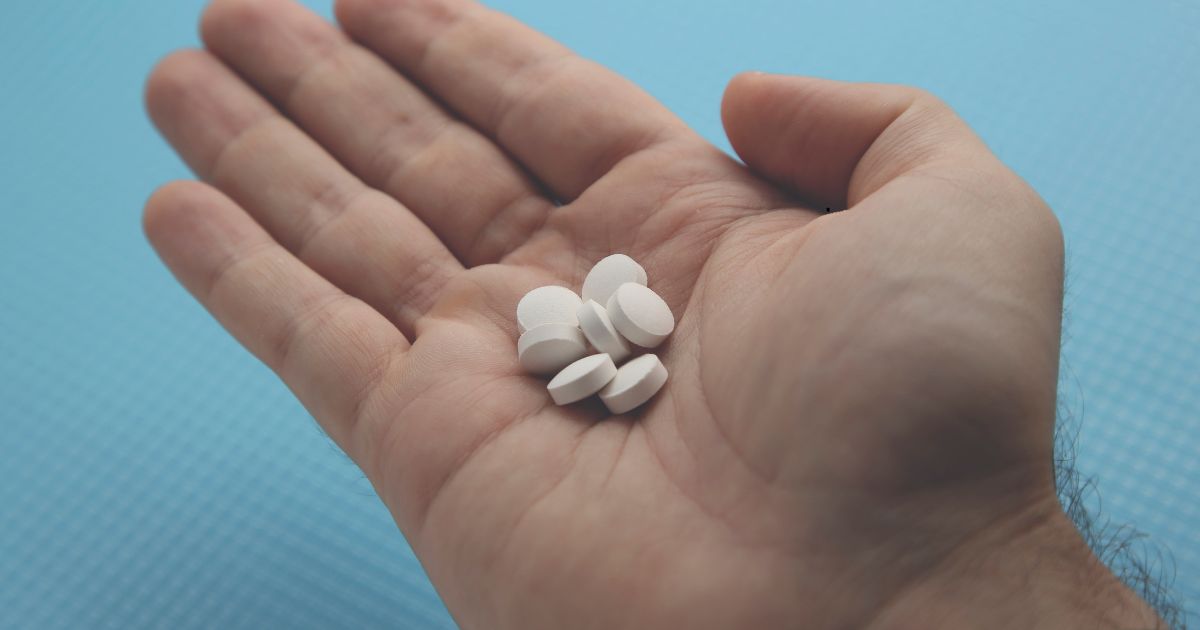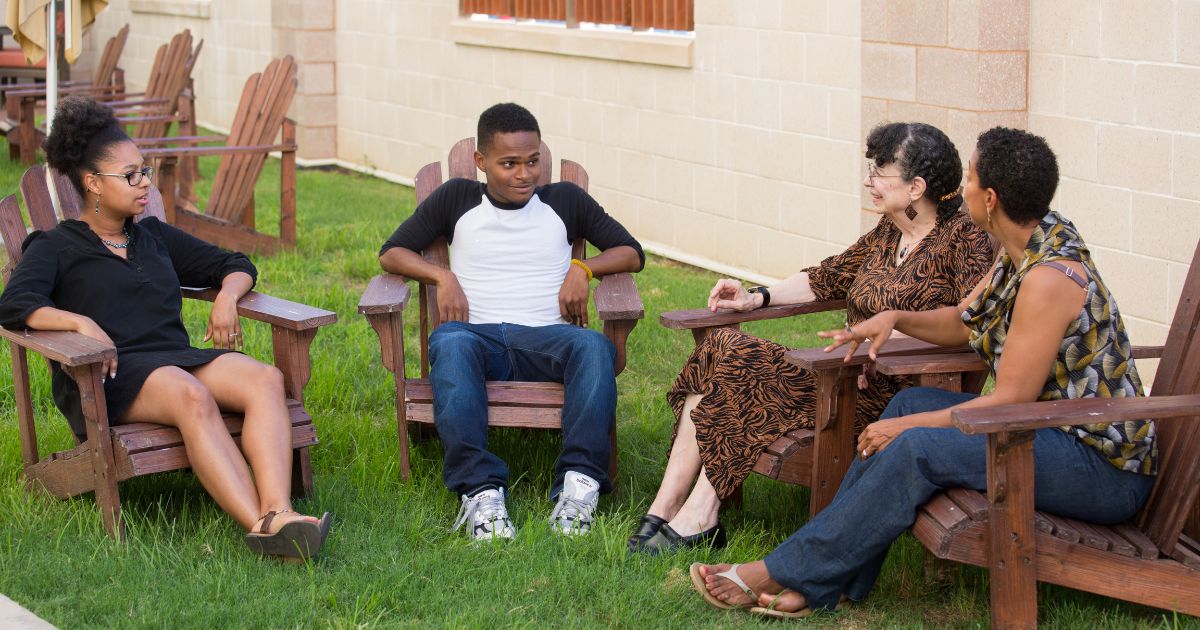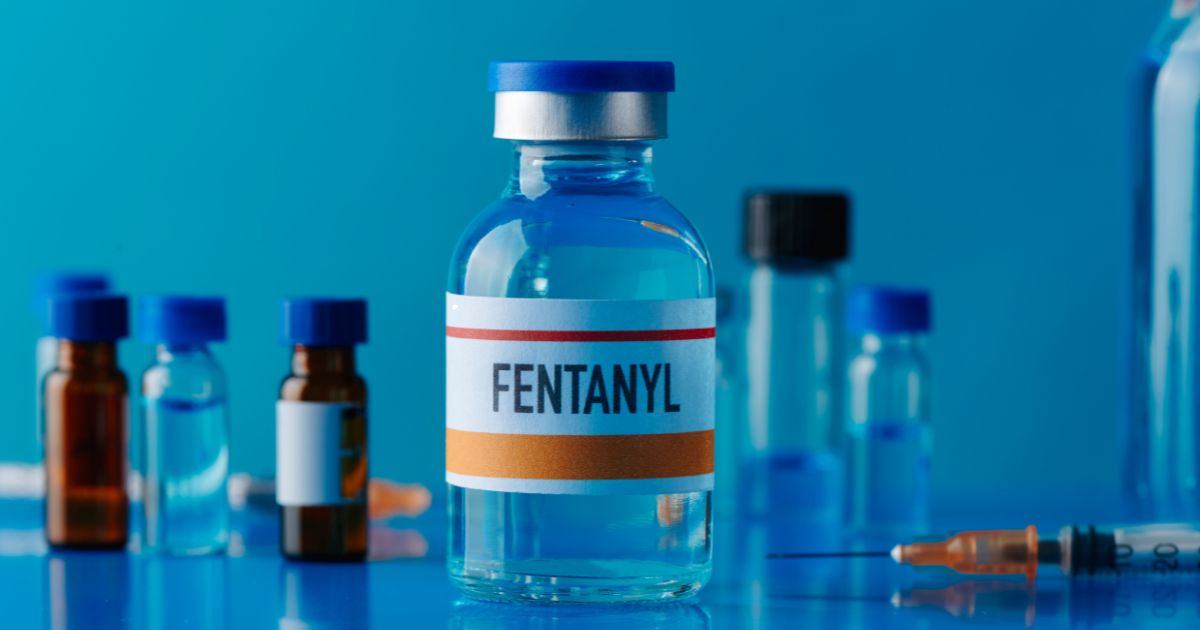When thinking about recovery from alcohol addiction, a key question often asked is about the length of alcohol rehab. “How long is alcohol rehab?” is a frequent question because the answer changes from person to person. Generally, rehab programs can last from a few weeks to several months, depending on what the person needs. This flexibility makes sure that each treatment plan is made to give the best support for staying sober long-term, focusing on personalized care rather than a standard method.
It’s important to know how long alcohol rehab takes because it helps the person getting treatment and their family prepare mentally and physically for what’s to come. Also, understanding the factors that affect the length of rehab—like how severe the addiction is, if there are other mental health issues, and the kind of treatment setting—helps clear up what rehab involves and helps set realistic expectations. As we look more into how long alcohol rehab can last, it’s clear that deciding to get better is not just about time—it’s about making a serious commitment to a better, healthier life.
What Is Alcohol Rehab and How Does It Help?
Alcohol rehab is a structured program designed to help individuals overcome alcohol dependence and addiction. These programs are often located in specialized facilities, ranging from comfortable residential settings to hospital-based units. Conducted by a team of professionals, including doctors, therapists, and counselors, rehab offers a supportive environment where individuals can focus on their recovery. The main goal of alcohol rehab is to help participants stop drinking by teaching them coping strategies, providing medical and psychological care, and supporting long-term sobriety through therapy and education.
There’s a strong link between alcohol use and mental health. Many people who struggle with alcohol addiction also suffer from mental health disorders such as depression or anxiety—a condition known as dual diagnosis. Alcohol rehab programs are equipped to handle dual diagnosis by offering integrated treatment that addresses both the addiction and the mental health condition simultaneously. This approach is crucial because treating one issue without addressing the other can often lead to relapse. By focusing on comprehensive care, alcohol rehab helps individuals achieve better, more sustainable recovery outcomes.
How Long Is Alcohol Rehab?
The length of alcohol rehab varies widely, primarily because each person’s journey to recovery is unique. Most treatment programs vary depending on the level of care and the individual’s unique needs. However, the average length of alcohol rehab includes: :
- Medically-assisted Detox: Last for about eight days
- Short-term Inpatient Programs:Lasts about two weeks to 30 days
- Long-term Inpatient Programs:Canextend from 60 days to 90 days or longer
- Partial hospitalization Programs: Lasts 3 to 4 weeks
- Intensive Outpatient Programs: 3 weeks to several months
In an inpatient rehab program, clients remain in the facility to build skills without distractions. During an outpatient rehab program, individuals visit the facility for treatment sessions but do not stay overnight. The intensity and structure of these programs can also influence how long someone remains in rehab.
Several factors determine the duration of treatment in alcohol rehab. The severity of the alcohol addiction is a major factor; more intense or prolonged addictions may require longer periods of treatment to effectively break the dependence. Co-occurring mental health issues, such as depression or anxiety, also play a critical role. These conditions often need additional time and specialized care to manage alongside addiction treatment.
Personal commitments, like family or work responsibilities, can also influence the choice between intensive inpatient programs and more flexible outpatient options. Ultimately, the goal of any rehab program is to provide enough time and support to ensure a solid foundation for recovery tailored to the individual’s specific needs.
Get confidential help from our addiction treatment specialists in Orange County. Call to join our rehab program today!
Call 866-881-1184What Happens During Inpatient Alcohol Rehab?
Inpatient alcohol rehab involves staying at a residential treatment facility while undergoing intensive therapy for alcohol addiction. This setting helps individuals focus entirely on recovery without the distractions or triggers of everyday life. Typically, the duration of stay can range from 30 to 90 days, depending on individual needs.
During their time in inpatient rehab, individuals can expect to participate in various therapies, including:
- Individual Therapy: One-on-one sessions with a therapist to address personal issues contributing to addiction.
- Group Therapy: Led by a therapist, these sessions allow participants to share experiences and learn from others facing similar challenges.
- Family Therapy: Involves family members in the recovery process, helping to mend relationships and build support systems.
- Cognitive Behavioral Therapy (CBT): Helps individuals identify and change negative thought patterns and behaviors associated with alcohol use.
- Psychoeducation: Helps inform people and raise awareness about the dangers of alcohol use.
- Learning Coping Skills: Promotes mental rehabilitation to avoid relapses once someone transitions into lower levels of care or returns to daily life.
- Nutrition Counseling: Promotes rehabilitation of the body and physical health following alcohol abuse.
Residents live at the facility throughout their treatment, providing a safe and supportive environment to work towards recovery.
What Happens During Outpatient Alcohol Rehab?
Outpatient alcohol rehab allows individuals to receive treatment for alcohol abuse while continuing to live at home. This type of program is ideal for those who have work or family commitments that they cannot leave behind. The duration of outpatient programs can vary, typically ranging from several weeks to several months, with sessions held at various times throughout the week to accommodate different schedules.
During outpatient rehab, participants engage in a variety of therapies, including:
- Individual Therapy: Sessions focus on personal triggers and coping strategies, helping individuals understand and manage their addiction.
- Group Therapy: Provides a community support system where participants can share experiences and learn from each other, fostering a sense of mutual understanding and support.
- Educational Workshops: Teach about the effects of alcohol on the body and mind and strategies for maintaining sobriety.
- Relapse Prevention: Helps participants develop tools to prevent relapse once they leave the program. Learning key skills to avoid triggers and cope with stress can make maintaining sobriety easier as you re-enter society.
- Life Skills Development: Learning skills to improve quality of life can help someone maintain their sobriety in the future. Skills like attaining employment, eating right, coping with triggers, and more are all important aspects of outpatient care.
- Holistic Therapies: Treatments like yoga, meditation, sound healing, and more can help someone experience a well-rounded recovery that heals the body, mind, and soul. Holistic treatment places importance on self-care to bolster someone’s ability to cope with triggers, cravings, and stress following treatment.
Participants return to their own homes after daily or weekly therapy sessions, applying what they’ve learned in a real-world setting.
Looking for quality substance abuse treatment that’s also affordable? South Coast accepts most major insurance providers. Get a free insurance benefits check now.
Check Your CoverageAlcohol Rehab Program in Orange County, CA at SCBH
At South Coast Behavioral Health in Orange County, CA, the approach to alcohol rehab is grounded in a personalized treatment model that addresses the individual needs of each client. SCBH offers a spectrum of care levels designed to support clients throughout their recovery journey.
- Detoxification: The first step at SCBH, where clients undergo medically supervised detox to safely manage withdrawal symptoms.
- Residential Treatment: Clients live onsite in a supportive environment, receiving intensive therapy and care.
- Partial Hospitalization Program (PHP): A step down from residential care, PHP provides structured treatment while allowing clients to spend evenings at home.
- Intensive Outpatient Program (IOP): Clients continue their therapy and support sessions while integrating more fully back into their daily lives, maintaining family and work commitments.
Therapies used at SCBH include cognitive behavioral therapy, family therapy, group sessions, and holistic treatments like yoga and meditation, all tailored to facilitate a comprehensive recovery.
If you or a loved one is struggling with alcohol addiction, visit South Coast Behavioral Health in Orange County to start your journey to recovery. Contact us today to learn more about our specialized programs tailored to help you reclaim your life.










